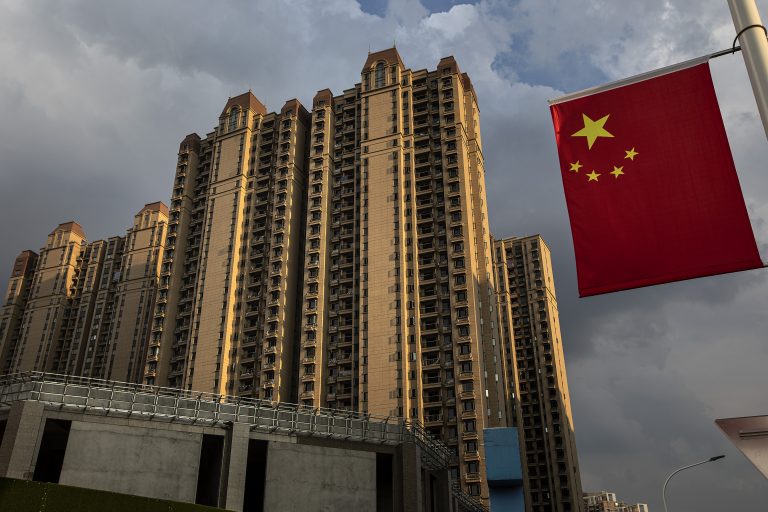Property firms in China are going through one of the most difficult times in recent memories, with real estate giant Evergrande and a host of other companies unable to pay loans and suffering from a credit crunch. The property firms have been hit with a spate of downgrades given the chaotic situation of the sector and the potential for a severe market weakening.
S&P Global has downgraded Greenland holdings and E-house, two renowned names in the Chinese property sector. Ratings could be downgraded even further, the agency said.
“We see a risk that a disorderly correction in the property market could cause sharp price declines, hitting the personal wealth of homeowners… Such an event could also contribute to large-scale losses by investors in wealth management products, and the contractors and service firms that support the developers,” Kim Eng Tan, a credit analyst at S&P Ratings, said in a report.
Fitch ratings recently issued its largest downgrade, pushing back Moderna Land Co. to a –C rating. The downgrade followed the company’s announcement that it was seeking investor consent to extend a bond’s maturity date by three months.
With more real estate firms missing their bond repayment dates, trust in these companies are also falling as evidenced by the share market. Property shares have declined by almost 20 percent in 2021.
Success
You are now signed up for our newsletter
Success
Check your email to complete sign up
According to analysts at JP Morgan, the property share market will continue to be volatile for the short term.
Customers are also getting apprehensive about buying homes. In August, the country’s home sales by value fell by 20 percent, which is the biggest drop since the beginning of the COVID-19 pandemic.
What began as a crisis at Evergrande is now slowly revealing itself as affecting the entire property sector of China. Based on data compiled by Bloomberg, missed payments by real estate developers accounted for 36 percent of the 175 billion yuan (US$27.1 billion) in onshore corporate bond defaults seen this year.
Property companies are due to pay $555.88 million worth of dollar coupon bonds this month. Before the year ends, $1.6 billion in payments are due. In 2022, at least $93.2 billion bonds are scheduled to mature.
Meanwhile, Evergrande missed out on paying the third round of interest payments on international bonds recently. Back in September, the company had failed to meet two payments. And on Oct. 11, $150 million in payments due on three bonds were also not paid.
The real estate developer, which has 1,300 projects spread over 280 cities, has racked up over $300 billion in liabilities. The Evergrande situation is so critical that Zou Lan, an official from the People’s Bank of China, openly blamed the company for creating the crisis.
“In recent years, the company failed to manage its business well and to operate prudently amid changing market conditions… Instead, it blindly expanded and diversified,” Zou said. However, he insisted that the risk of spillover to the financial industry is “controllable.” The government is accelerating “asset disposal’ and ensuring that Evergrande has access to funds “to restart construction.”
To cool off the property market, Beijing is insisting that properties not be used as a short-term stimulus for the economy. The rapid rise in real estate prices has triggered mortgage restrictions in some cities. There is also a large decline in the growth of property sector loans.














